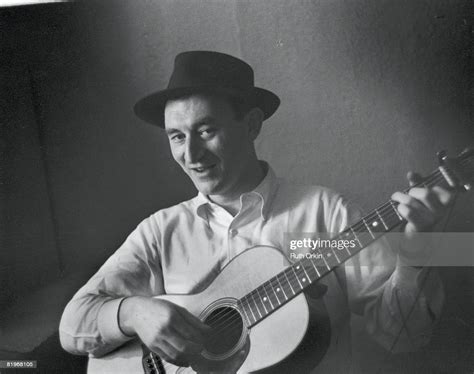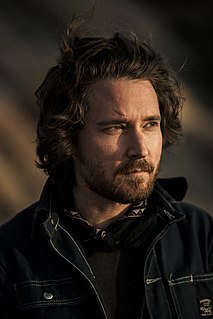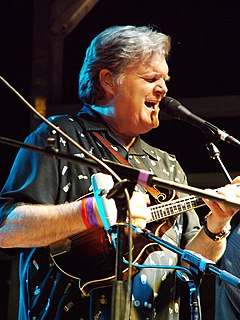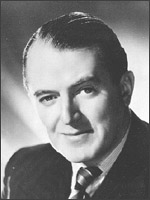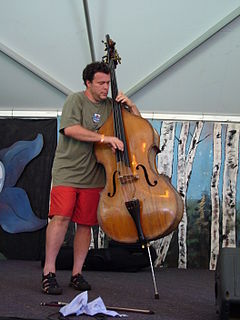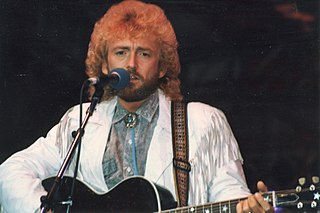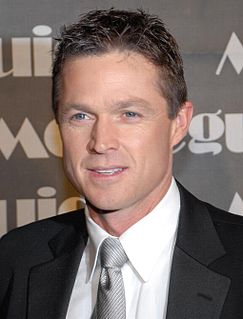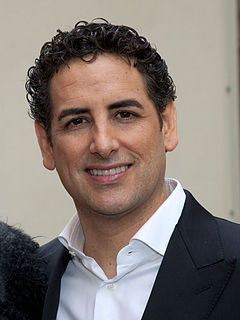A Quote by Chris Thile
What makes one type of music classical and one bluegrass and one folk - these things aren't what's important.
Related Quotes
I think there's a difference between the type of folk music that people put into the box of "folk music" and then there's the kind of folk music that I aspire to and am in awe of, and that is the kind of folk music where it's very limited tools - in most cases a guitar, in a self-taught style that is idiosyncratic and particular to that musician.
I think what makes the Byrds stand up all these years is the basis in folk music. Folk music, being a timeless art form, is the foundation of the Byrds. We were all from a folk background. We considered ourselves folk singers even when we strapped on electric instruments and dabbled in different things.
I was born in Philadelphia, Pennsylvania, and am a product of a family that were jazz aficionados and also very interested in progressive politics. And so I had a lot of artists and musicians in my home. Lots of Latin music, folk, and jazz and blues, bluegrass-type of stuff. Painters and stuff like that.
We have that storytelling history in country and bluegrass and old time and folk music, blues - all those things that combine to make up the genre. It was probably storytelling before it was songwriting, as far as country music is concerned. It's fun to be a part of that and tip the hat to that. You know, and keep that tradition alive.
Most of the music I've become interested in is hybrid in its originsClassical music, of course, is unbelievably hybrid. Jazz is an obvious amalgam. Bluegrass comes from eighteenth-century Scottish and Irish folk music that made contact with the blues. By exploring music, you're exploring everything.

